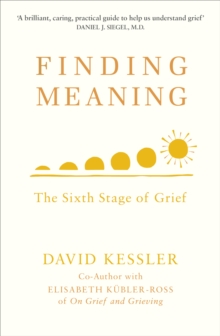EP 329 Are the World’s Democracies on the Verge of a Nervous Breakdown?
At a recent gathering of the leaders of the world’s democracies in Canada, the reporting from the meeting in Politico opened with the sentence: ‘if there’s a word that sums up the current mood of the West’s high command, it’s this: despair’. On the heels of French President Emmanuel Macron suggesting that NATO leadership was ‘brain dead’, we wanted to talk these concerns over with Ivan Eland, Senior Fellow at the Independent Institute and Director of their Center on Peace and Liberty. He spent fifteen years working for Congress on national security issues and his most recent book is ‘War and the Rogue Presidency’. We looked at the findings of Freedom House which recorded in their most recent report on Freedom in the World that for the 13th consecutive year there is a decline in global freedom. The discussion started there and then began to highlight hot spots and vulnerabilities of the United States and other democracies as they react to fractious politics at home, and demands from many to disengage from the world as a nationalistic fervor has taken hold in many places. The health of alliances and the rise of China and Russia to fill vacuums being left by Western democracies are growing concerns. It’s an uncertain time with internal issues occupying many leaders who might otherwise play a greater world on the international stage. It’s a sobering reality that we address here.
Podcast: Play in new window | Download




![Transaction Man: The Rise of the Deal and the Decline of the American Dream by [Lemann, Nicholas]](https://images-na.ssl-images-amazon.com/images/I/516d9scxt0L._SY346_.jpg)




